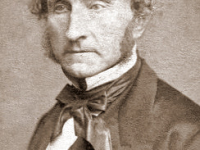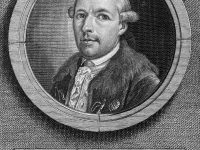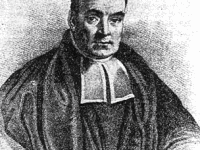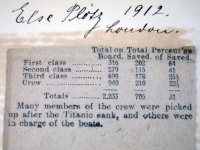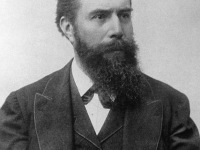Don’t Panic! – remembering Douglas Adams
On May 11, 2001, writer, dramatist, and musician Douglas Noel Adams has passed away. His efforts as author resulted in five books of ‘The Hitchhiker’s Guide to Galaxy’, the book ‘Dirk Gently’s Holistic Detective Agency’ and many other. He was also active as screenwriter for the television series ‘Doctor Who‘ and (very notable) appeared twice in the fourth series of Monty Python’s Flying Circus.[1] BTW he is one of only two people…
Read more


